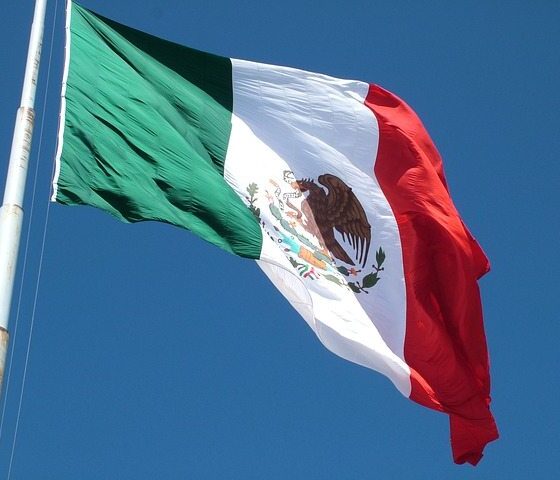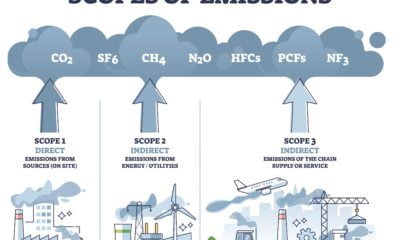

Environment
Scientists Could Collaborate to Reduce Mexico Emissions
Scientists in Mexico have teamed up with Scottish scientists to help support the development of carbon capture utilisation and storage (CCUS) in the country. The teams came together to discuss research and the possibility of future collaborations. CCUS could help to reduce carbon emissions in Mexico.
Representatives from SENER (Mexico’s Energy Ministry), leading university UNAM (Universidad Nacional Autonóma de México) and the Scottish Carbon Capture and Storage (SCCS) research partnership met in Mexico City on Wednesday 25 May to explore future research collaborations and capacity building as well as opportunities for academic exchanges.
CCUS is a suite of technologies that captures carbon dioxide (CO2) from power plants and industrial facilities and stores it permanently in deep geological formations or provides CO2 for processes, such as enhanced oil recovery (CO2-EOR).
SCCS Director, Prof Stuart Haszeldine, and Prof Elena Centeno Garcia, Director of UNAM’s Institute of Geology, signed a Letter of Collaboration, which lays the foundations for working jointly on CCUS research – drawing on the UK’s broad expertise in the technology – and exploring international funding initiatives.
Jazmin Mota, of SENER, highlighted the significance of the meeting for the Mexican Government’s future energy and climate policy. UNAM attendees, meanwhile, expressed particular interest in knowledge exchange opportunities and MSc and other training options offered by SCCS and its partner institutes.
Prof Stuart Haszeldine, SCCS Director, said: “This is a very positive development between international research institutes at a time when signatories to the Paris Agreement on climate change, including the UK and Mexico, must pursue effective measures to reduce carbon emissions. We are delighted to be exploring opportunities for research and knowledge exchange with fellow academics in Mexico, and with the Mexican Government.
“SCCS is also making connections with additional research partnerships in Canada, South Africa and China. We can provide experience and guidance in CCUS development, capture technologies, CO2-EOR and offshore engineering as well as identifying CO2 storage assets and creating links to existing and future businesses.”
The next stage of the Mexico agreement will be the signing of a formal Memorandum of Understanding, which paves the way for SCCS and UNAM to seek formal collaborations on aspects of CCUS development.


 Environment12 months ago
Environment12 months agoAre Polymer Banknotes: an Eco-Friendly Trend or a Groundswell?

 Features11 months ago
Features11 months agoEco-Friendly Cryptocurrencies: Sustainable Investment Choices

 Features12 months ago
Features12 months agoEco-Friendly Crypto Traders Must Find the Right Exchange

 Energy11 months ago
Energy11 months agoThe Growing Role of Solar Panels in Ireland’s Energy Future




























